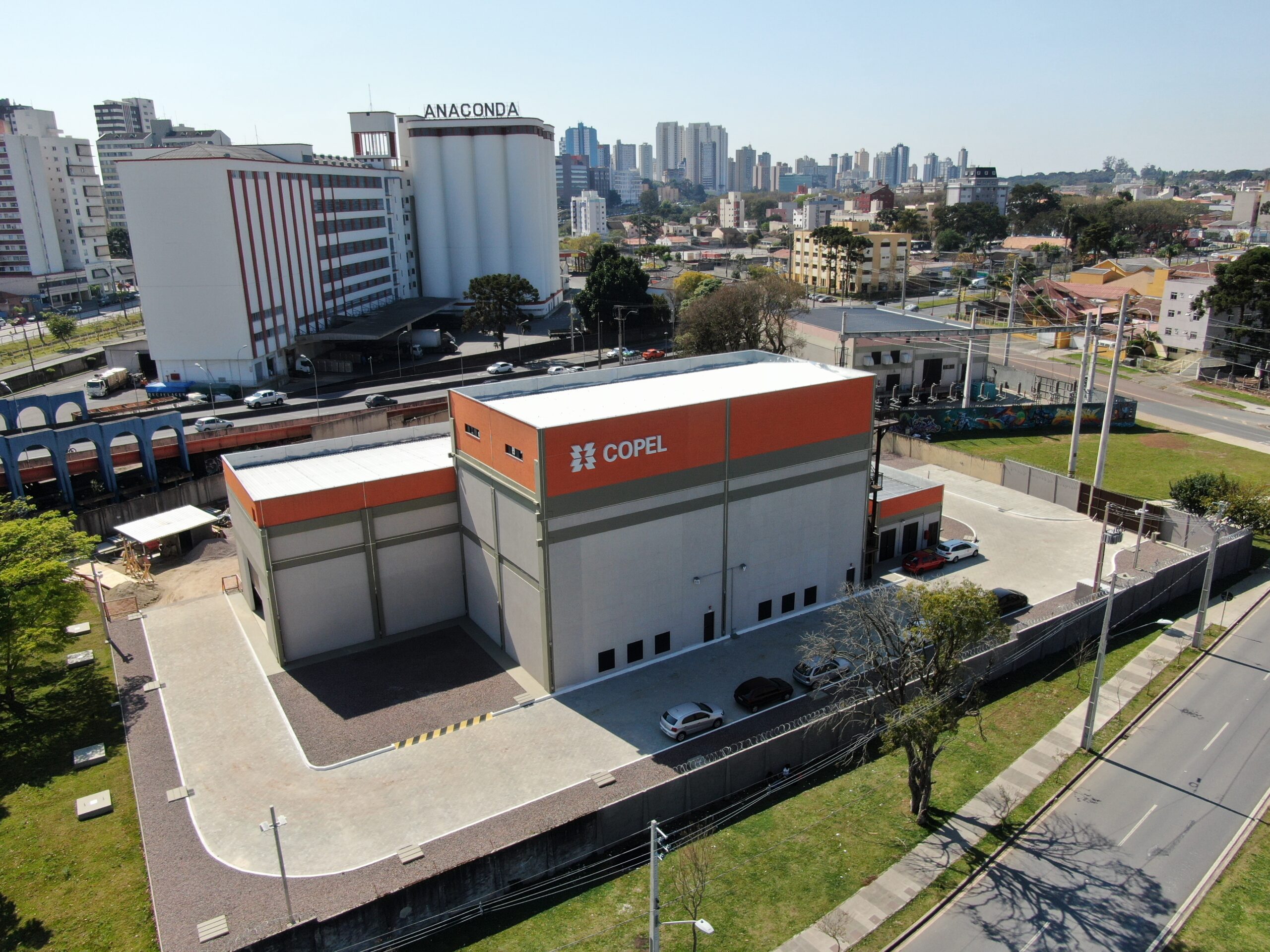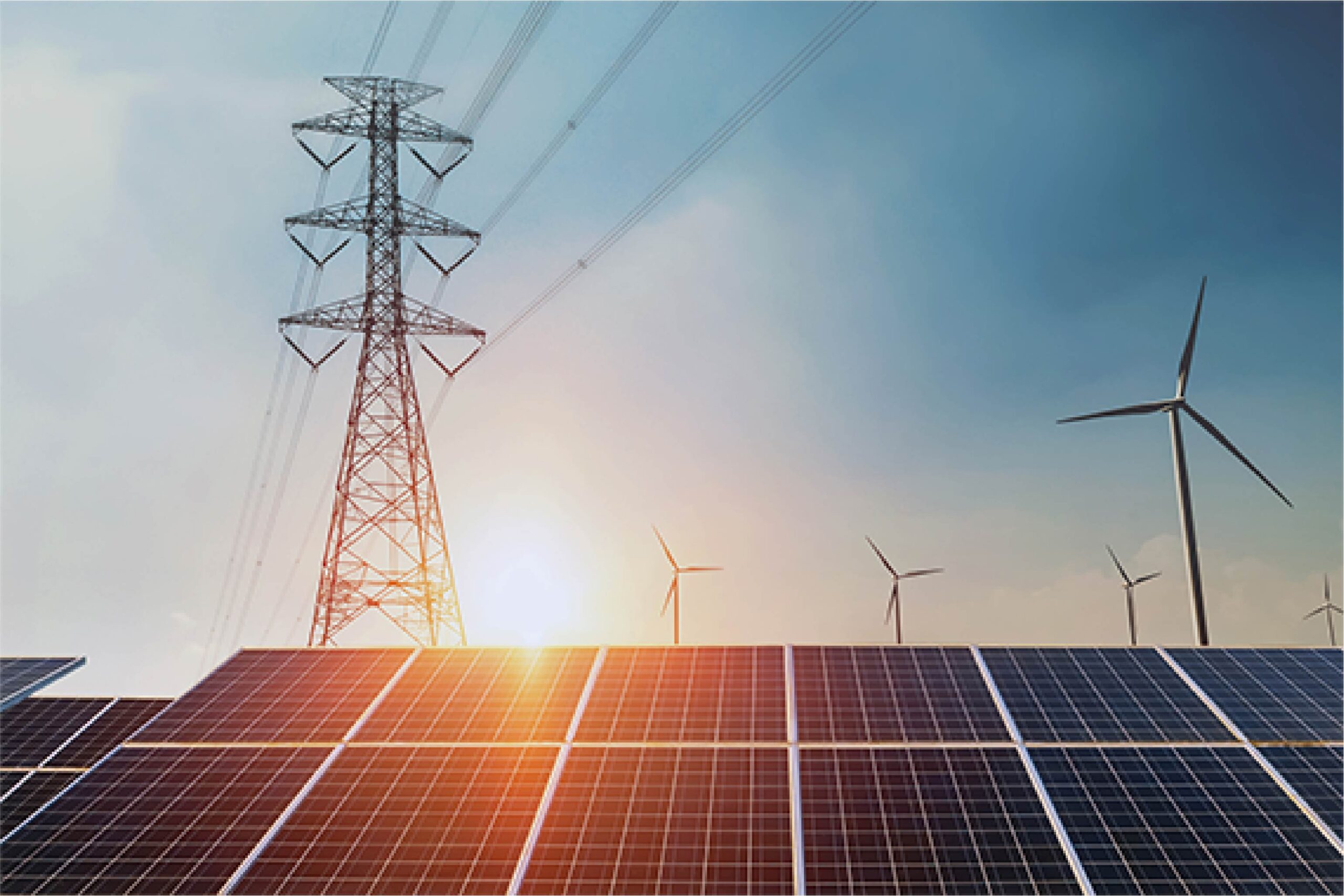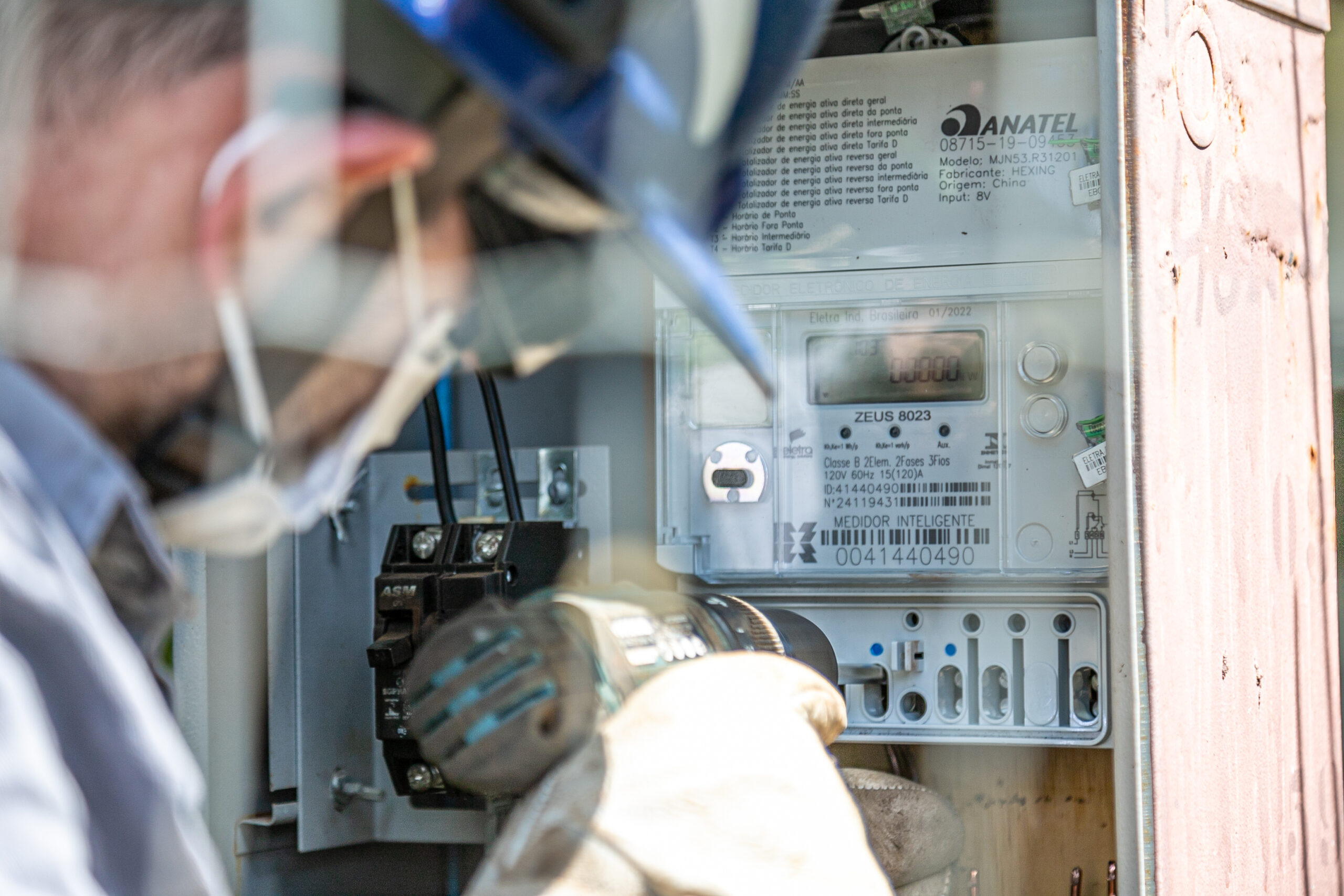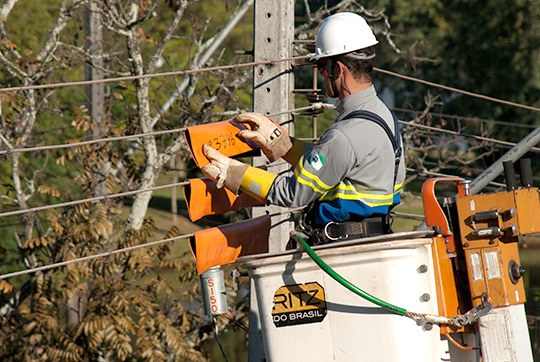Operational Efficiency
Operational efficiency is a condition for the longevity of the Company’s business and is one of the main objectives of Copel’s Strategic Planning, as it guarantees greater availability of the set of assets, resulting in lower costs and, consequently, better economic-financial performance.
With a focus on customer satisfaction and compliance with legal and regulatory obligations, operational efficiency is aligned with Copel’s efforts towards sustainability in the environmental, social and governance dimensions, including economic aspects, valuing specialized labor, use of new technologies, exchange of good practices, innovation, research and development.
Operational efficiency management at Copel is carried out in accordance with the guidelines, objectives and goals defined by senior management in the Company’s strategic planning, and aims to achieve the performance of the best companies in the sector and constantly seek to optimize costs. To this end, a management contract is signed with each wholly owned subsidiary of Copel (Holding), which use their areas dedicated to managing operational efficiency to monitor and control the established performance metrics, considering the different specificities of each operation.
Seeking excellence, operational efficiency is evaluated in certification processes. Currently, Copel has an Integrated Management System with ISO 9001, 14001 and 45001 certifications in the operation and maintenance processes of electricity generation infrastructure, and ISO 9001 in the operation and maintenance processes of electricity transmission and distribution infrastructure.

Distribution Business
It is worth noting that, in the distribution business, operational efficiency is required by concession contracts in the form of indicators of continuity, quality and financial sustainability. Any violations are subject to sanctions, which may even result in the initiation of a forfeiture process for contractual default.
In this sense, expanding and maintaining the distribution system is a vital tool for maintaining distribution operations. To this end, studies are carried out, based on the methodologies of the National Electric Energy Agency (Aneel) and other agents in the sector, which consider the projection of consumer market growth, the existing and future generation potential, and the characteristics of the equipment that make up the electrical system, variables that result in different operating scenarios, digitally simulated.
Such scenarios are used to define the necessary works, whether for the construction of new distribution substations, high or medium voltage distribution lines, or the installation of regulation and switching equipment.
Innovation
At Copel, innovation is at the heart of operational efficiency. It drives the transformation of corporate processes and the development of new solutions aimed at achieving sustainable and competitive results. One example is the digitization of operation and maintenance processes.
Through initiatives like Copel Volt and Copel Ventures, Copel is anticipating the application of technologies that will optimize business and increase its positive impact on the energy sector.
In addition to open innovation vehicles, Copel is committed to research and development in line with the National Electric Energy Agency (ANEEL) to cultivate a culture of continuous innovation.
Copel uses Design Thinking approaches to understand its customers’ needs and develop innovative, human-centered solutions.
Meanwhile, adopting Agile principles and practices promotes flexibility, collaboration, and incremental value delivery in projects, ensuring an agile response to market changes and constant process optimization.
To further enhance efficiency, Copel fosters a collaborative environment that encourages intrapreneurship and the acceptance of calculated risks. This results in improved solutions for clients and suppliers, ultimately benefiting society as a whole.
Transparency of progress and results is ensured through the Results Center on the Investor Relations page and in the Annual Reports.
This approach allows Copel to remain at the forefront of innovation, continuing to lead with responsibility and vision in a constantly evolving market.

Eletricity Reliability
The reliability indicators of the energy distribution and transmission systems are monitored respectively by Copel Distribuição and Copel Geração e Transmissão.
Energy Losses


Smart Meters
Remotely monitored and integrated with other operating devices, the smart meter allows Copel to monitor the quality of supply to consumer units based on variables such as voltage, electric current and power, anticipating possible failures, as well as helping to accurately locate the point where the network outage occurred, isolate the defect and quickly dispatch a team to the problem location.
Infrastructure Programs
Copel’s infrastructure programs in generation, transmission and distribution have a direct impact on the quality of life of citizens. Between 2019 and 2025, Copel intends to conclude three major programs for the modernization of Copel’s distribution networks: the Paraná Trifásico, the Redes Elétricas Inteligentes (Smart Grid) and the Confiabilidade Total.




